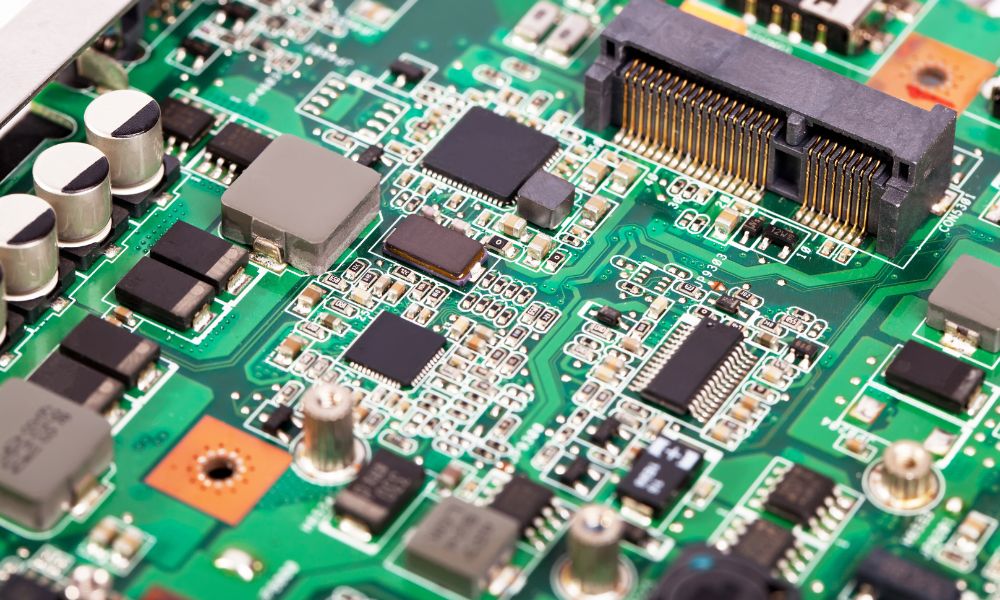If you have a facility that requires a generator excitation system to operate day-to-day performance, it makes sense that you would want to understand more about how these systems work. You’ve come to the right place! Read on and learn how generator excitation systems function and what you need to know about them.
Excitation System Operation
Even if you don’t know the exact inner workings of a generator excitation system, you probably know that generators require rotor winding to function. Excitation systems are responsible for providing the field of current that makes rotor winding possible. There are a few types of excitation methods, including shunt or self-excited, auxiliary winding, permanent magnet generator, and excitation boost systems.
All these methods have a system in common: an automatic voltage regulator, or AVR, which is responsible for providing DC output to an exciter stator.
Excitation System Control
Simply having a generator excitation system is not enough—it’s essential to have excitation control. That’s where an advanced generation platform like the EX2100 excitation control system comes in. This system contains transformers, power bridges, a protection module, and, most importantly, multiple controllers.
A system like this is essential when you want seamless integration with human-machine interfaces, static starters, or turbine controls. This particular system is also a functional controller for retrofit units, meaning that you don’t need to have the most up-to-date equipment to see the full benefits.
Automatic Voltage Regulator
An automatic voltage regulator works by receiving input from a generator’s stator during rotation. Some AVRs can receive an additional input in order to eliminate internal harmonics—these are used when you have a non-linear load operation.
Now that you know how generator excitation systems function, don’t forget how important excitation control systems are! If you’re looking for stability and reliability, you’ll want to be sure that you prioritize a control system.

